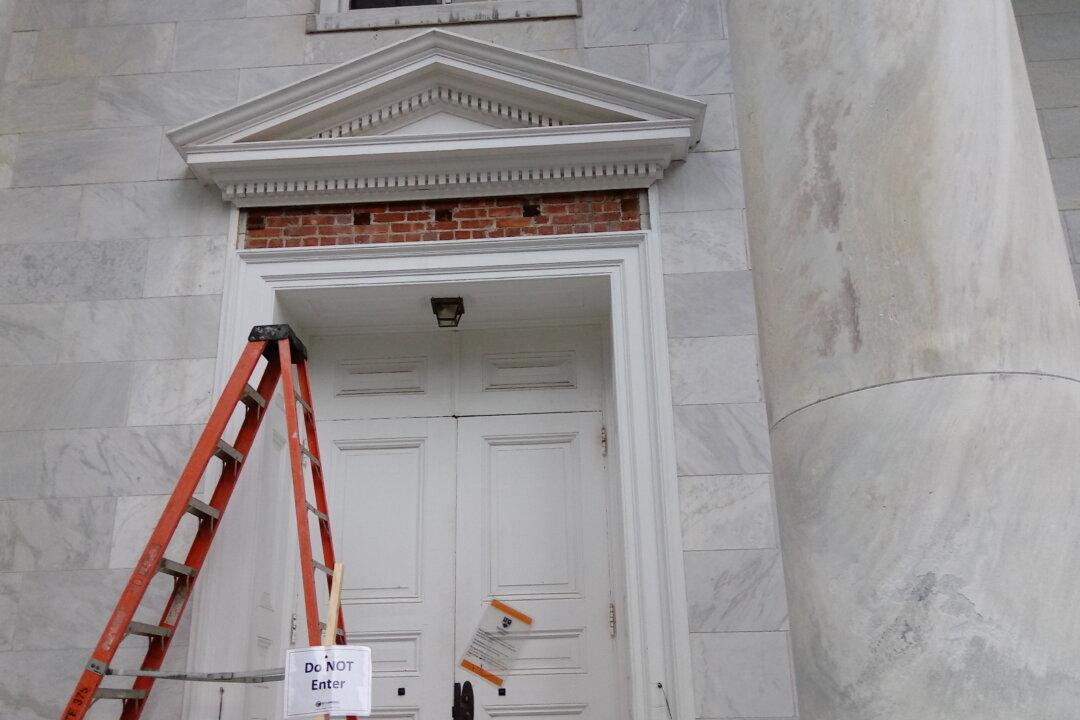A Vermont judge has ruled a lawsuit will move forward against Middlebury College for removing the name of a prominent donor from the campus chapel because of his views on eugenics.
The 223-year-old college had filed a motion to dismiss the lawsuit. But Judge Robert A. Mello ruled in the first week of August to reject that request and let the lawsuit proceed.





